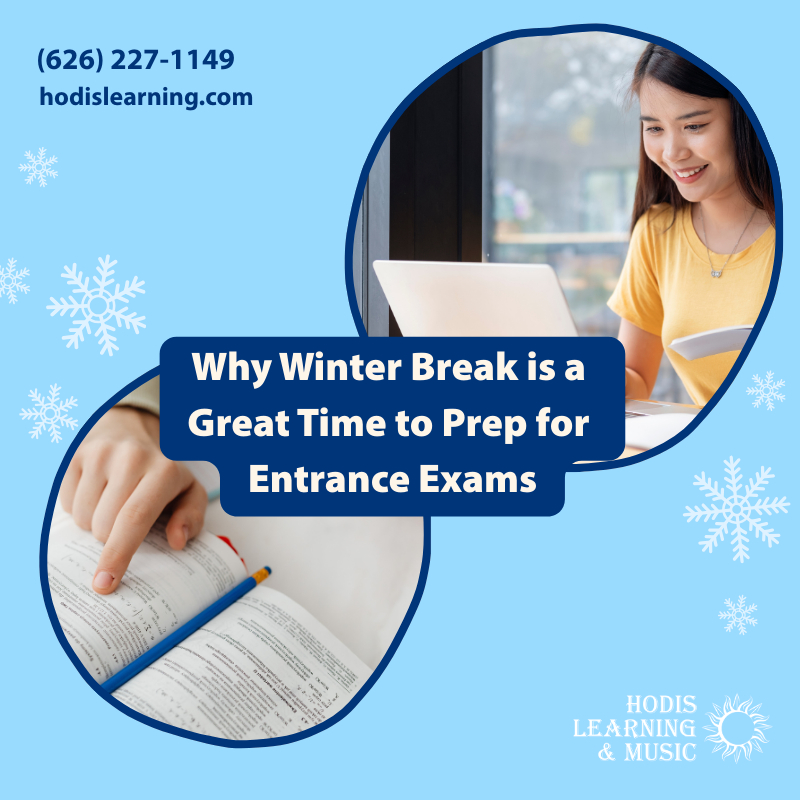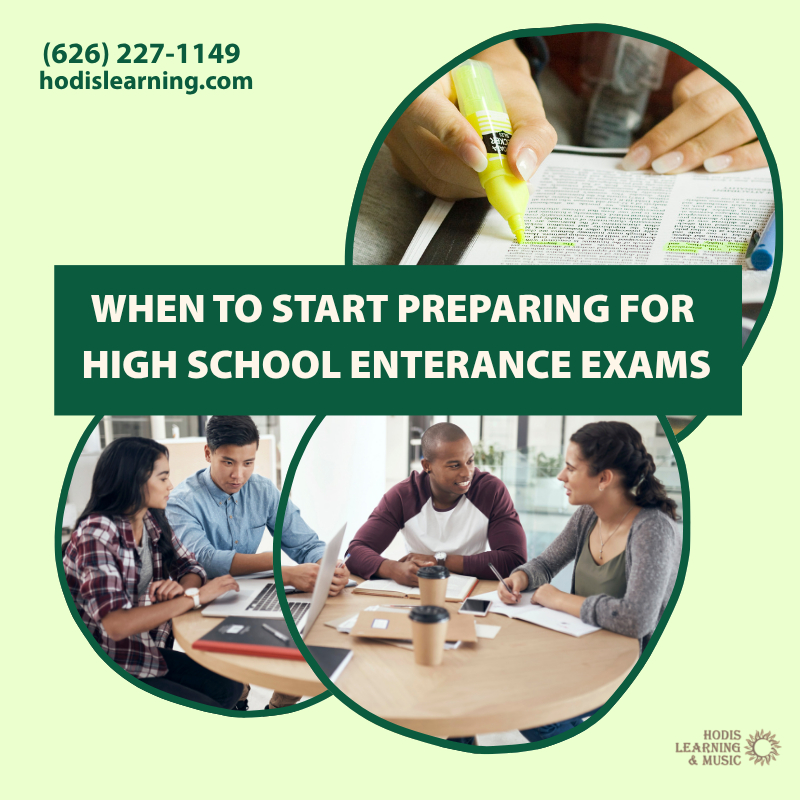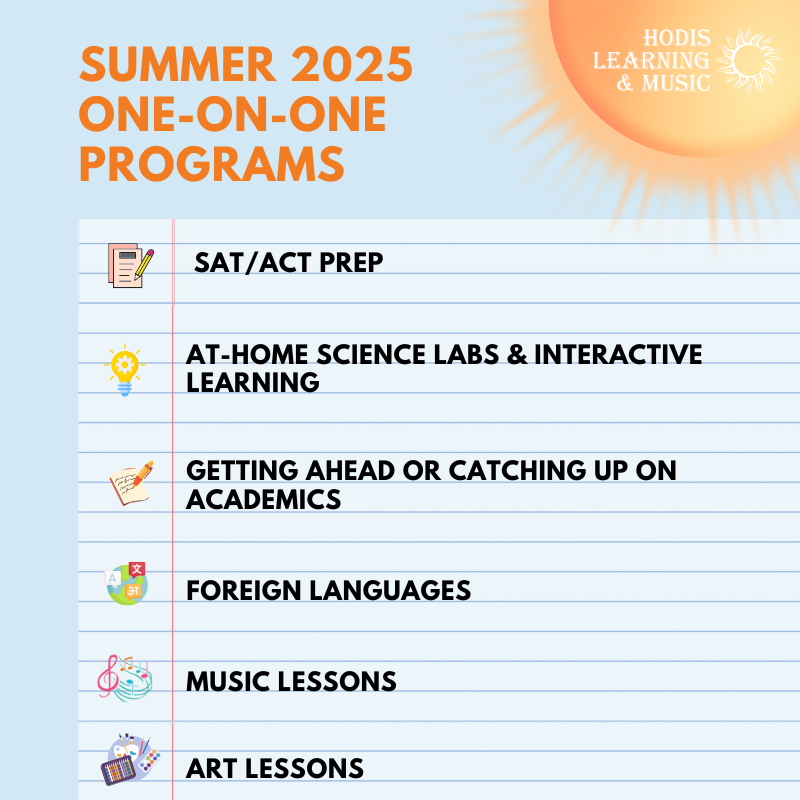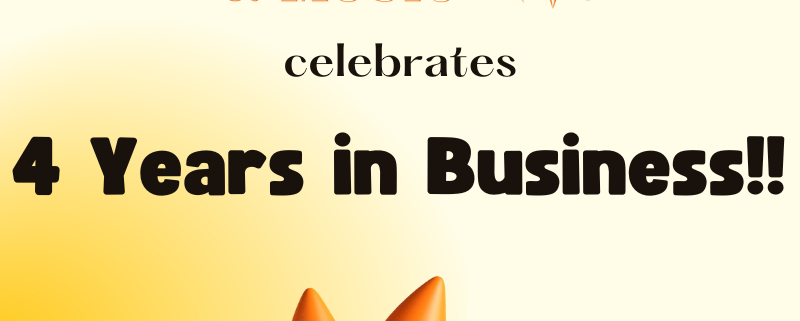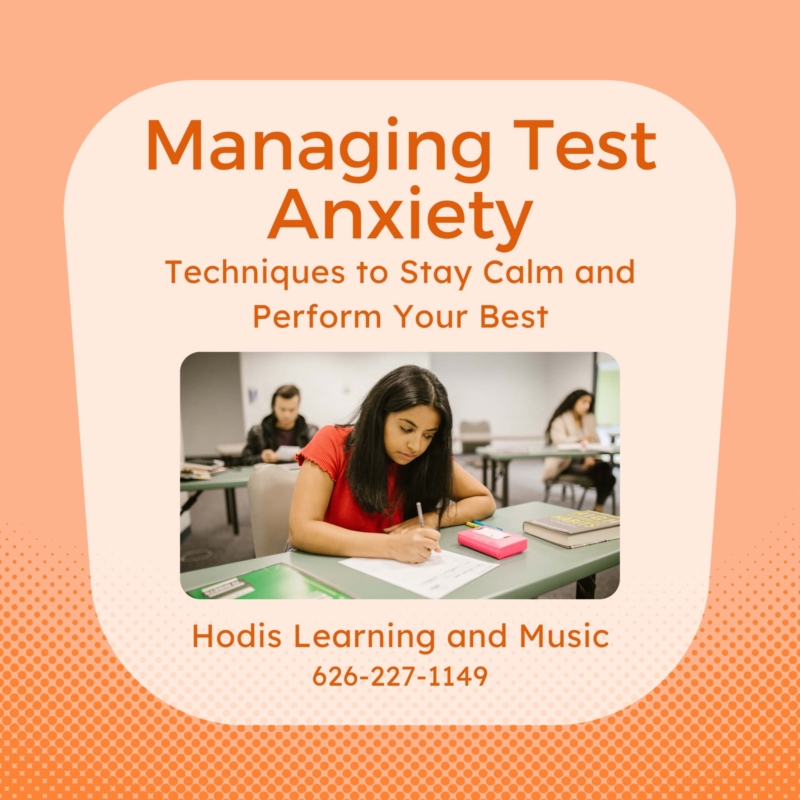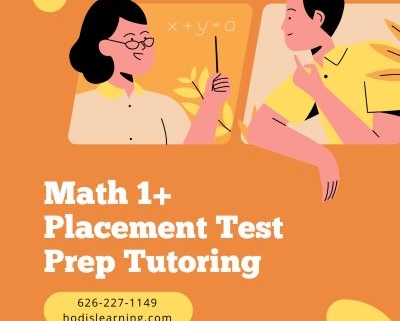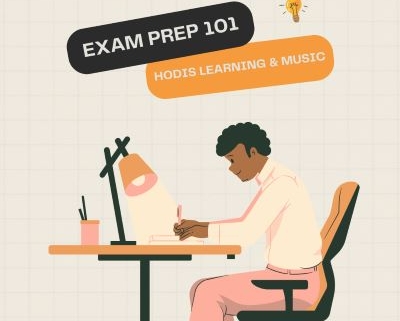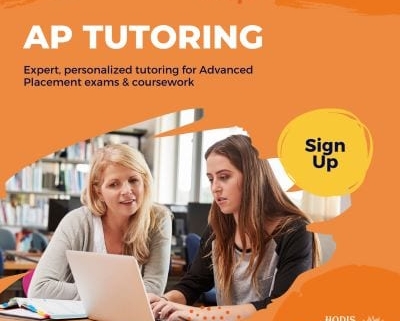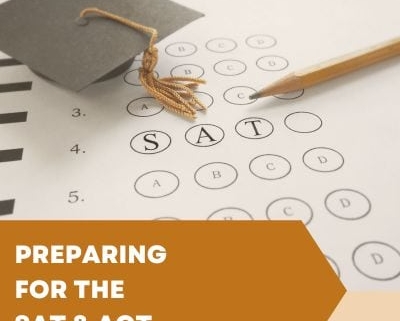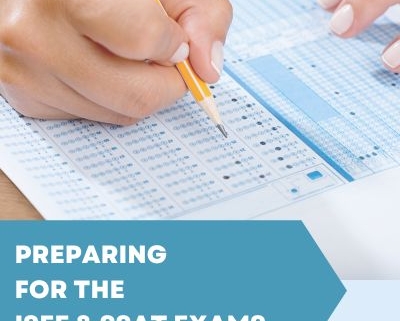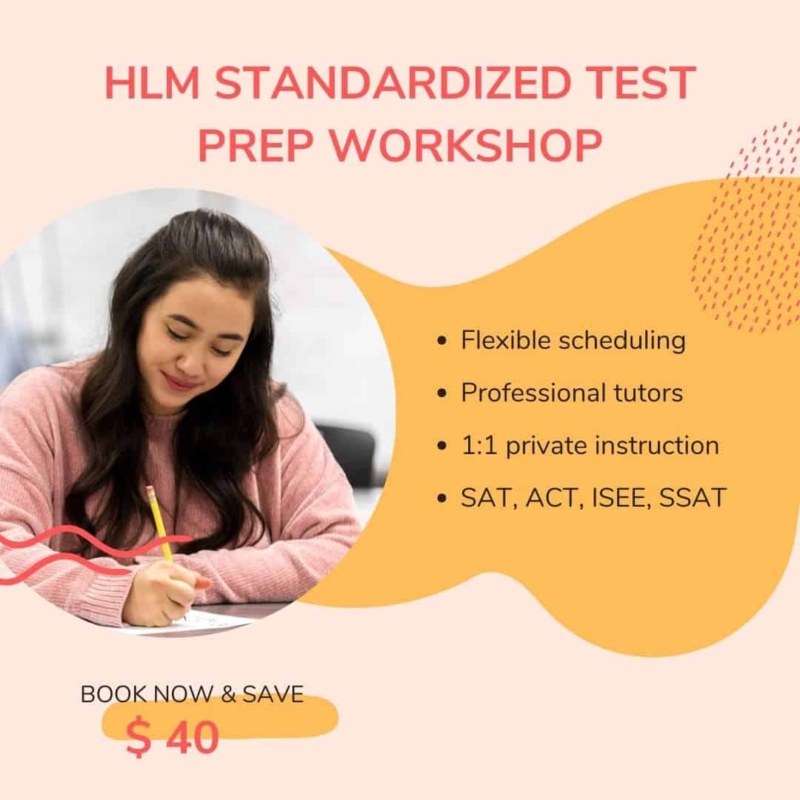Standardized tests can be a daunting prospect for any student, but for homeschoolers, the challenge often includes navigating a system designed primarily for traditional school environments. However, with the right strategies and resources, homeschoolers can excel in standardized testing. Here are some tips to help you and your child prepare effectively.
1. Understand the Test Format
Familiarize yourself and your child with the format of the standardized test they will be taking. Whether it’s the SAT, ACT, or state-specific assessments, understand the structure, types of questions, timing, and scoring. This can help reduce anxiety and improve performance. Most testing organizations provide sample questions and practice tests on their websites.
2. Create a Study Schedule
Consistency is key when preparing for standardized tests. Develop a study schedule that allows for regular review sessions without overwhelming your child. Spread out study sessions over several months to avoid cramming, which can lead to burnout. Make sure to balance study time with breaks and leisure activities to keep your child motivated and focused.
3. Use Quality Study Materials
Invest in reputable study guides and resources tailored to the specific test your child will be taking. Books, online courses, and practice tests from trusted sources like the College Board (for SAT) or ACT, Inc. can provide comprehensive review and practice. These materials often include test-taking strategies and tips that can give your child an edge. Hodis Learning & Music’s expert Digital SAT tutors help students prepare for test day using the best resources available.
4. Practice Under Test Conditions
Simulating the test environment can help your child get comfortable with the pressure of timed exams. Set up practice tests in a quiet, distraction-free area and adhere to the official time limits. This helps build stamina and time management skills, which are crucial for performing well on test day.
5. Focus on Weak Areas
Identify your child’s strengths and weaknesses by reviewing their performance on practice tests. Focus study sessions on areas that need improvement, but also ensure that strengths are maintained. This targeted approach makes studying more efficient and effective.
6. Teach Test-Taking Strategies
Standardized tests often require more than just knowledge; they demand strategic thinking. Teach your child techniques such as process of elimination, time management, and handling difficult questions. Encourage them to read instructions carefully and to answer the questions they know first, returning to more challenging ones later.
7. Incorporate Diverse Learning Methods
Different students learn in different ways, so use a variety of methods to cover test material. Incorporate visual aids, interactive online resources, and hands-on activities to keep study sessions engaging. This diversity can help reinforce concepts and make studying more enjoyable.
8. Ensure Well-Rounded Preparation
Standardized tests assess a range of skills including reading comprehension, math, and writing. Make sure your child has a balanced preparation plan that covers all sections of the test. For writing sections, practice essay writing under timed conditions to improve clarity and speed.
9. Manage Test Anxiety
Test anxiety can significantly impact performance, so it’s important to address it. Teach relaxation techniques such as deep breathing, visualization, and positive self-talk. Maintaining a healthy lifestyle with adequate sleep, nutrition, and exercise can also reduce stress levels.
10. Stay Informed About Testing Policies
Keep up-to-date with the registration deadlines, fees, and identification requirements for the standardized test. Ensure your child is registered on time and is familiar with the test day procedures. Being well-prepared logistically can help avoid last-minute issues and reduce stress.
Takeaway
Preparing for standardized tests as a homeschooler involves careful planning, consistent practice, and strategic studying. By understanding the test format, using quality study materials, and practicing under test conditions, your child can approach test day with confidence. Remember, your support and encouragement play a vital role in their preparation and success. With the right approach, homeschoolers can excel in standardized testing, opening doors to further educational opportunities.
Learn More About Hodis Learning & Music’s Digital SAT tutoring program by calling or emailing us today.


